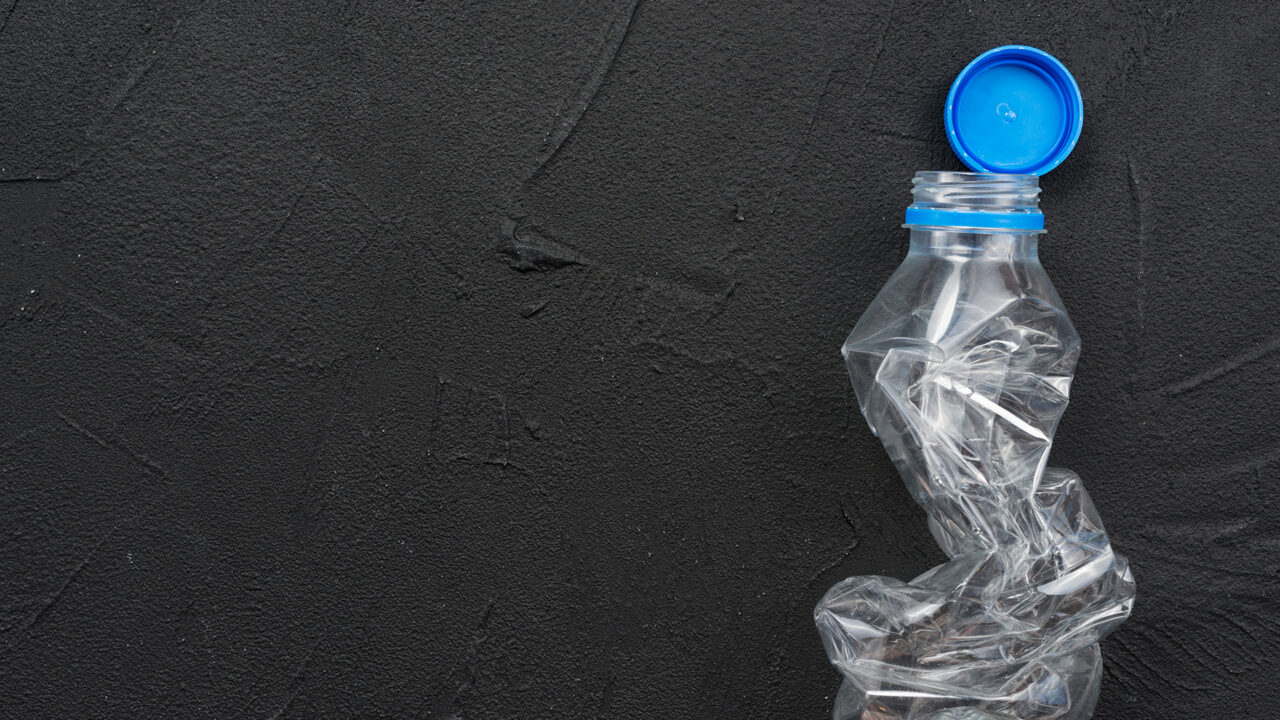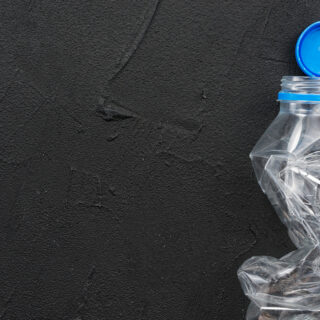
Plastic are a collection of ingredients, either synthetic or naturally occurring. That shaped when soft and then hardened to keep the shape. Plastic is a polymer substance made of many repeating units.
Chemically composition of plastic that causes pollution on earth
Plastic materials composed of various elements.
- carbon
- hydrogen
- oxygen
- nitrogen
- chlorine and sulfur
- It bases most plastics on the carbon atom. Silicones, which based on the silicon atom, are an exclusion. The carbon atom link to other atoms with up to four chemical bonds.
Different plastic that causes pollution
- 1 Polyethylene Terephthalate
- 2 High-Density Polyethylene (HDPE)
- 3 Polyvinyl Chloride (PVC)
- 4 Low-Density Polyethylene (LDPE)
- 5 Polypropylene (PP)
- 6 Polystyrene (PS)
Earth environment that affected through plastic waste
Plastic pollution is the buildup of plastic objects and particles (e.g. plastic bottles, bags and microbeads) in the earth’s environment. That adversely affects wildlife, wildlife habitat, and humans.
Plastics that act as pollutants
- Micro
- Meso
- macro debris
- They all based on size.
Average of landfills pollution
The mostly 70 percent of plastic waste is accumulated in landfills .It is polluted over natural environment . Meaning at some point, much of it ends up in the oceans, the last sink. If present tendencies continue, by 2050, there will be 12 billion metric tons of plastic in landfills.
Every year how much plastic is recycle to reduce pollution
They throw enough plastic away each year to circle the Earth four times. Big cities mostly throw 35 billion plastic bottles every year.
Only about 25% of the plastic produced in the U.S. recycled. If we recycled the other 75% we could save 1 billion gallons of oil and 44 million cubic yards of landfill space yearly.
SCIENCE Role
It plays a vital role to reduce plastic pollution.
Ideonella sakaiensis
- is a bacterium from the genus Ideonella capable of breaking?
- consuming the plastic poly ethylene terephthalate as a sole carbon and energy source.
Bacteria break down plastic more affectly
Plastics are not organic matter and it is difficult to break them down into their voter’s materials. Bacteria can’t breakdown these type of plastic.
In recent time, there have been advances in research concerning bacteria which reduce plastics.
Many years required a plastic to decay
- 1000 years
- Plastic waste can’t easily decompose .
- Usually, plastic items take up to 1000 years to decompose in landfills.
- Plastic bags used everyday and they can’t decompose they take 20 years to decompose.
- And plastic bottles take 450 years.
Enzymes that needed to plastic decay
PETase can break down the widely used plastic PET into its basic building blocks. They found out that his bacterium holds two special enzymes, PETase, which can abstract PET plastic polymers.
Method of these bacteria action
Ideonella evolved a specific enzyme called PETase to break down and digest PET to break down and convert the PET plastic into energy and as a carbon source.
These bacteria working with other bacteria and helped in recycling the plastic .
Discovery of bacteria Ideonella
first discover in 2016 researchers led by Kohei Oda of Kyoto Organization of Technology .And Kenji Miyamoto of Keio University after collecting a sample of PET-contaminated deposit close a plastic bottle recycling ability in Japan.
The race to save the planet from plastic
Scientists are trying to hurry evolution to make plastics rot. A tiny new organism is showing
A new bacterium species, Ideonella, took root. Scientists searching for traces of life at the recycling facility named it after the city where it was originate.
Gregg Beckham researcher that research helped to decompose the plastic
It’s cool to find a soil bacterium that’s able to both break it down and then use the building chunks as a food source, a carbon and energy source.
Gregg Beckham, a researcher studying plastic degradation at the National Renewable Energy Laboratory who’s been trying to build on the finding in his individual work.




